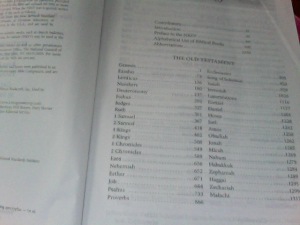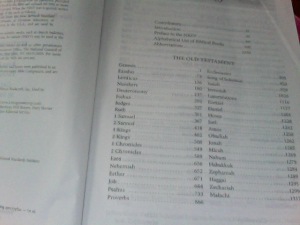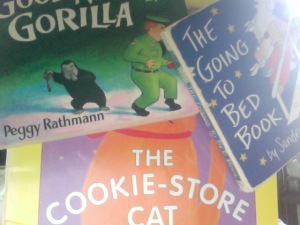Rain fell that night, a fine, whispering rain…
…As Mo had said, writing stories is a kind of magic, too.
[Funke, Cornelia; Inkheart (New York: Scholastic Inc), 2003, pp. 1, 534]
Meggie’s begins with a stranger’s visit on a rainy night. It ends with Meggie’s decision to create new worlds with paper and ink, writing places for readers to visit. In between these lines, storytellers read villains and fairies out of their book worlds into ours through the magic of their voices. But there’s a catch: for everything that comes out of a book, something or someone leaves behind our world to enter it. Behind the words, through the pages and in the chapters, a rich life awaits – a place that some call home and others want to visit. So real is this story world that Meggie thinks that “perhaps there really was something behind the printed story, a world that changed every day just like this one.” (p.529)
I’ve spent thousands of hours in Middle Earth, the Hundred Acre Woods, Inkworld, Hogwarts, Tara, and countless versions of London, New York, and Maine. The ability to create a new reality on the page that changes real life is a powerful gift.
The words I read to myself can change who I am. The words I read to others can do the same, feeding the imaginations of adults and forming a child’s ability to reason. They can reveal marvelous possibilities for tomorrow or they can damage heart and soul. It’s vital to choose the stories I tell wisely.
The same can be said of scripture. It’s a world of love, pain, loss, ignorance, and miracles. But it’s not really just a collection of stories. It is a doorway into the biggest world possible: the one God created, nurtures, and enters to meet us. Not just words on a page, but the Word that created all possible worlds – most especially the beloved cosmos we all call home.




